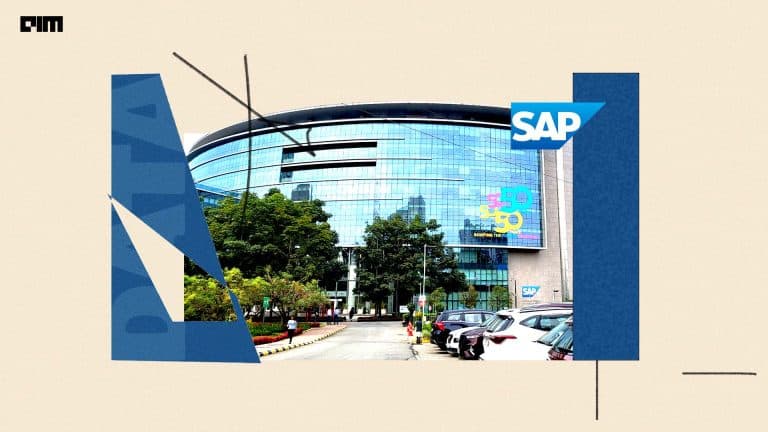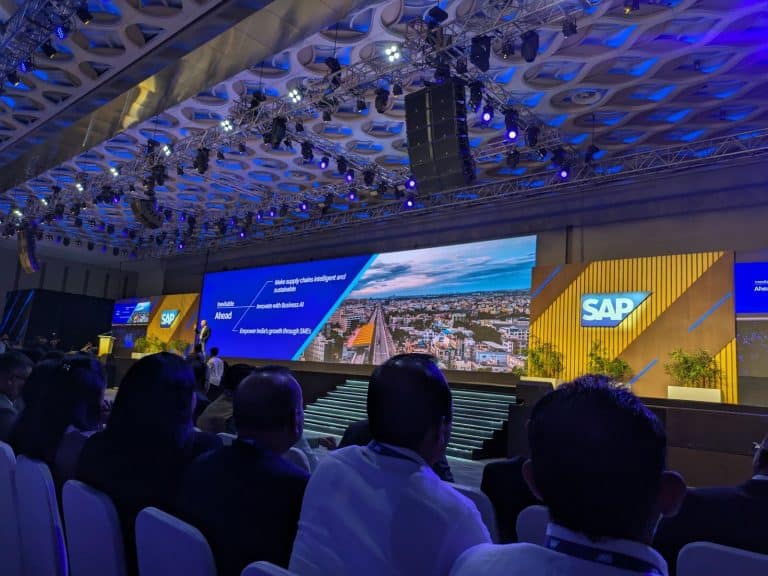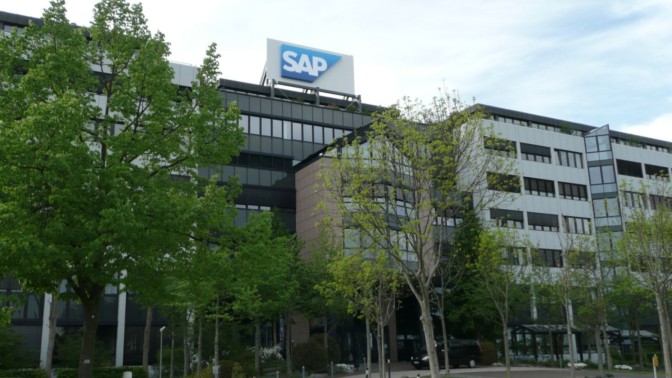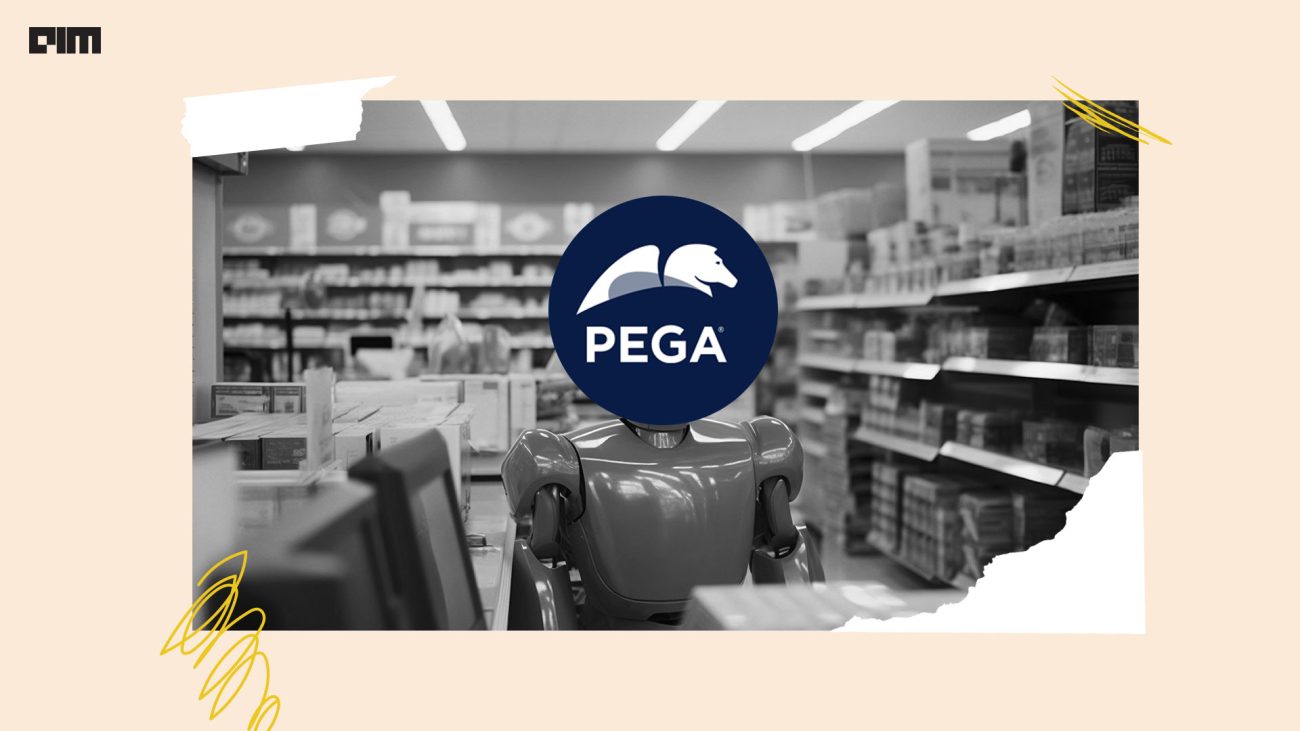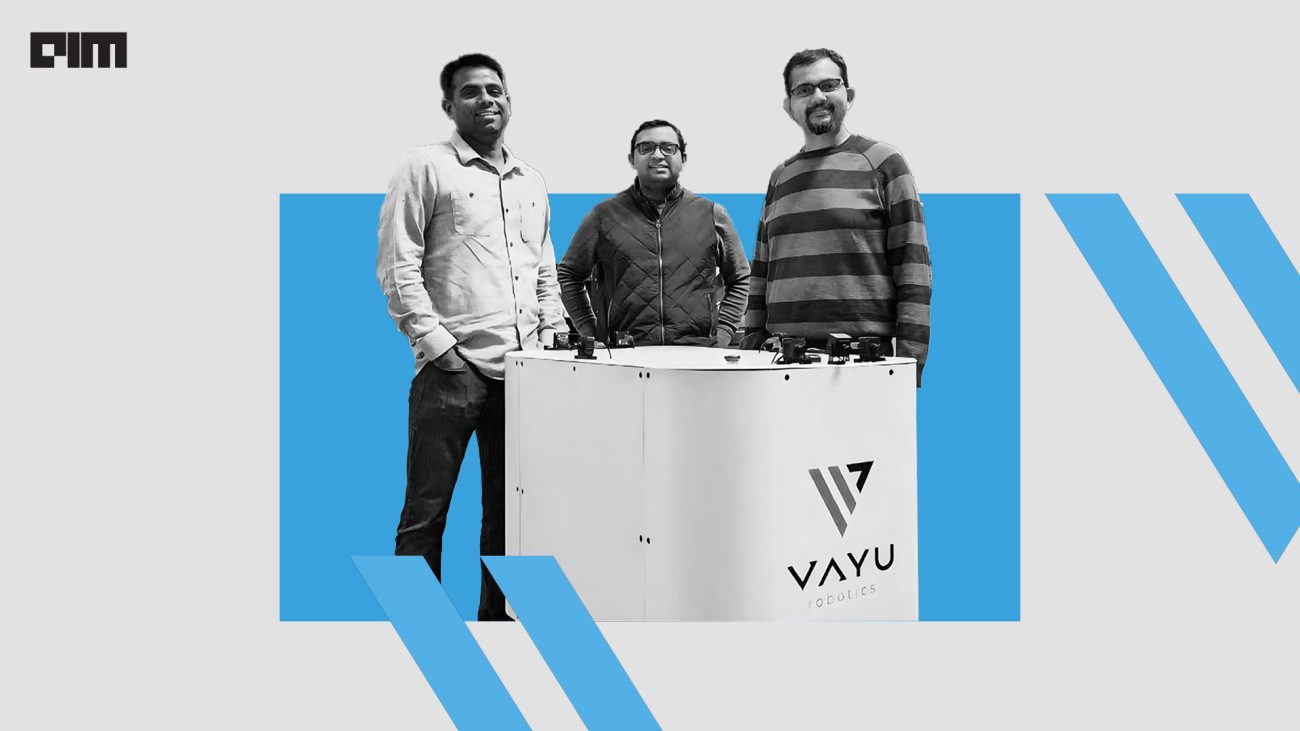|
Listen to this story
|
In today’s fast-paced world, it is vital for organisations to optimise procurement, manage supply chains and control costs effectively. For instance, cocoa prices have surged over 400% this year, posing a significant challenge for chocolate manufacturers.
Spend management tools provide comprehensive visibility into a company’s spending patterns, streamlining procurement processes. Generative AI could further optimise spend management as it can provide predictive analytics, supplier recommendations and enhanced negotiations strategies.
This is exactly what SAP has done. The company has consolidated all aspects of spend management under one umbrella, calling it Intelligent Spend and Business Network (ISBN). And now, it has thrown generative AI into the mix.
SAP customers are now reaping the benefits of Ariba, Concur and Fieldglass – companies which SAP has acquired over the years – under one platform coupled with SAP Business Network.
While spend management is not a new concept, clubbing together the solution powered by generative AI and Joule, a proprietary AI assistant developed internally by SAP, they believe the solution holds potential.
How GenAI is Changing Spend Management
“At SAP, our AI-first product strategy involves deeply embedding AI into core business processes. Rather than overlaying AI onto existing workflows, we are fundamentally reimagining processes, positioning AI as a constant, collaborative partner for every user,” Jeff Collier, chief revenue officer, SAP Intelligent Spend & Business Network, told AIM.
By using Ariba, a procurement tool, customers can now leverage the power of generative AI models to accelerate their planning processes across multiple categories (including 3rd party market data from Beroe) and reduce supplier onboarding time, Collier further revealed.

(Jeff Collier, chief revenue officer, SAP Intelligent Spend & Business Network)
Generative AI models are also helping Ariba customers make sense of historical data and derive insights from it and make recommendations in real-time, which in return is helping them in their procurement process.
“To optimise external workforce and services spend for greater insight, control, and savings, SAP Fieldglass customers are now leveraging AI-enhanced SOW description generation, AI-enhanced job descriptions, and AI-enhanced translation of job descriptions,” Collier added.
AI Agents are Coming
If not LLMs, AI agents are expected to truly scale AI. When asked if these could be part of SAP’s ISBN solution, Collier said that SAP is focused on embedding digital assistants directly into our products through Joule, SAP’s generative AI copilot.
Joule provides AI-assisted insights and will be integrated as a standard feature across the SAP portfolio, including ISBN.
“In my conversations with chief executives, business leaders, and decision-makers around the world, a common theme has emerged– the urgent need to do more with less,” he said.
He added that the COVID-19 pandemic has significantly expanded responsibilities, yet headcounts have remained flat or declined, making productivity a critical driver for AI interest among business leaders.
“The real question now is how swiftly these leaders can embed AI into their operations to start reaping its benefits. With the proliferation of tools, complex policies, and the need to maximise return and value, organisations are seeking chat-based interfaces or agents to guide them through their tasks and answer queries efficiently,” he added.
Hence, it makes sense for SAP to integrate AI agents into its entire portfolio. With Joule, SAP users can save time and increase productivity by describing their ideas, asking analytical questions, or instructing the system, rather than navigating through traditional clicks or coding.
ISBN, an Interesting Prospect for India
Explaining further what ISBN solutions from SAP truly mean, Ashwani Narang, Vice President, Intelligent Spend and Business Network, SAP Indian Subcontinent, told AIM that spend management extends beyond traditional procurement to include the entire supply chain, contingent labour, and employee expenses.
“Various departments—marketing, finance, and others—constantly request funds, highlighting the need for comprehensive oversight. Procurement used to be the sole area focused on savings, but now spend management encompasses all financial outflows, including those outside the organisation like partners, logistics providers, and consultants,” Narang said.

(Ashwani Narang, Vice President, Intelligent Spend and Business Network, SAP Indian Subcontinent)
Narang believes, as the country transitions towards being a manufacturing economy with a great consensus on producing things locally thanks to initiatives like ‘Make in India’, ISBN could be a great tool for Indian companies.
“The more you become a manufacturing economy, the more working capital becomes important and I believe that’s where the onus is going to be,” he said.
SAP has witnessed triple-digit growth with ISBN, and according to Narang, thousands of customers in India are already leveraging the solutions.
The solutions can also help companies with category management. “For instance, if a mattress manufacturer needs cotton, it’s crucial to assess whether it’s a supplier-power or buyer-power category. Knowing if enough suppliers offer the specific grade of cotton helps in negotiating prices,” he added.
Narang said that Joule can provide insights into market conditions and supplier dynamics, guiding strategic sourcing and ensure better negotiations, he added.
Moreover, ISBN is also not limited to large enterprises with a global footprint. The portfolio of SAP customers for ISBN includes mid-size and small enterprises as well.
“Any company with significant purchasing needs—whether it’s a relatively small firm with a turnover of INR 1,000 crore or a large corporation like Microsoft with a $50 billion valuation—can benefit from SAP’s intelligence solutions.”








